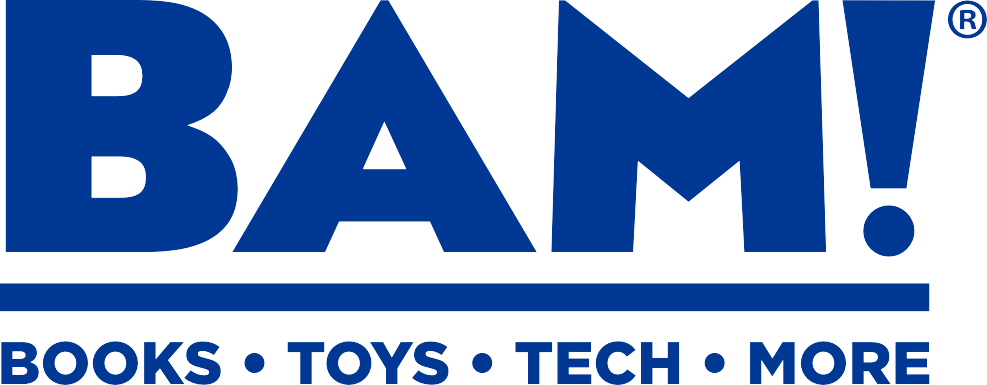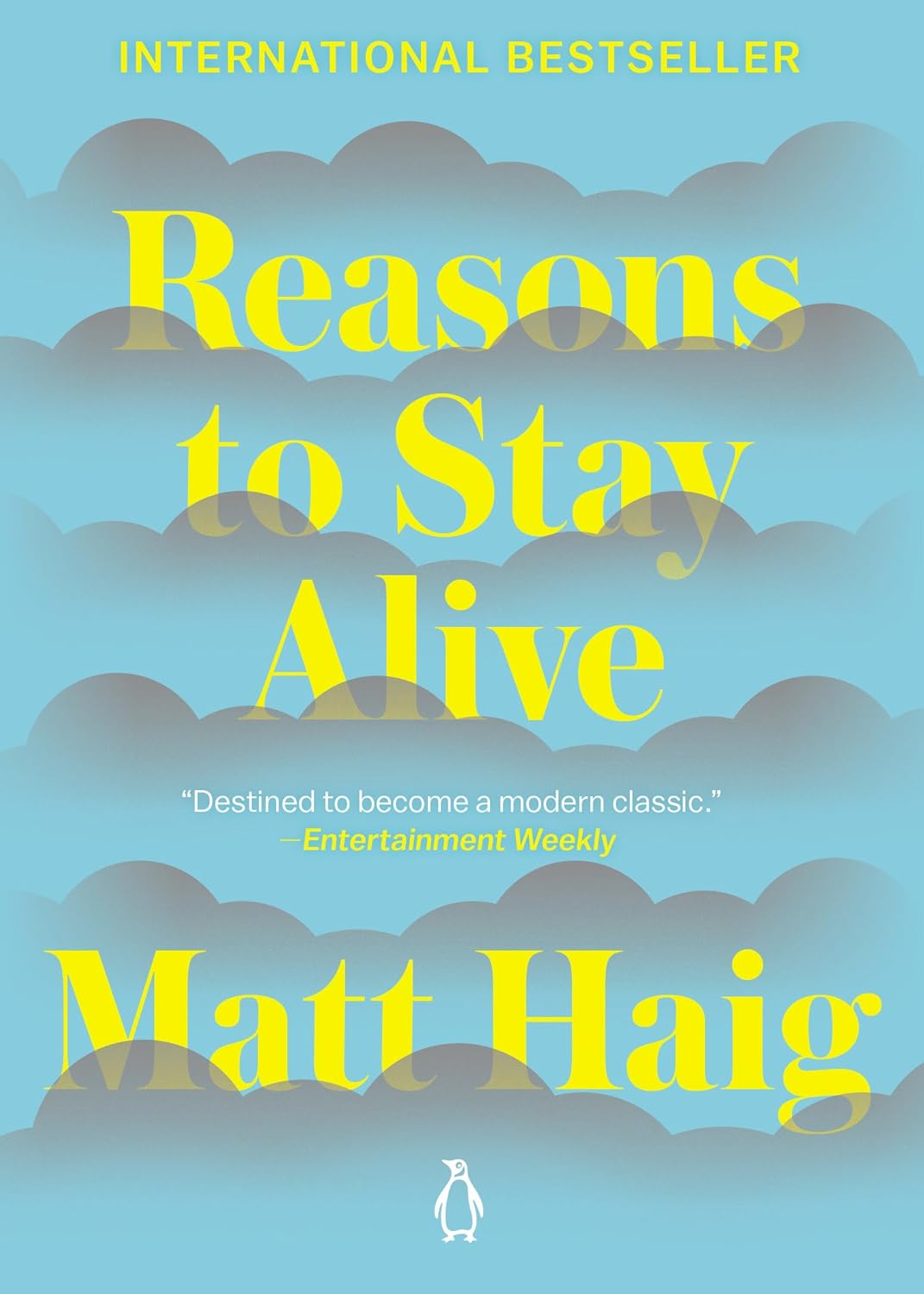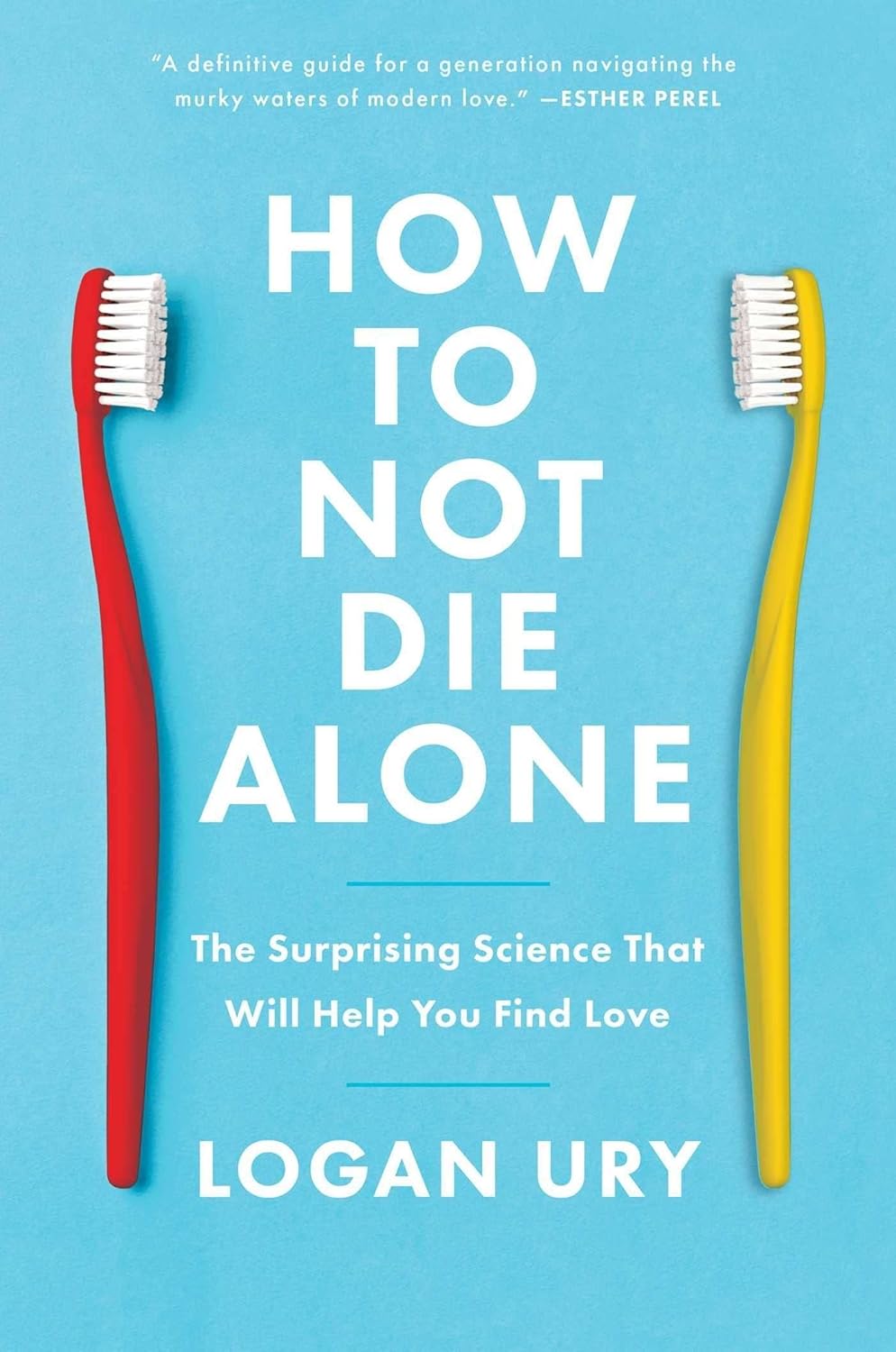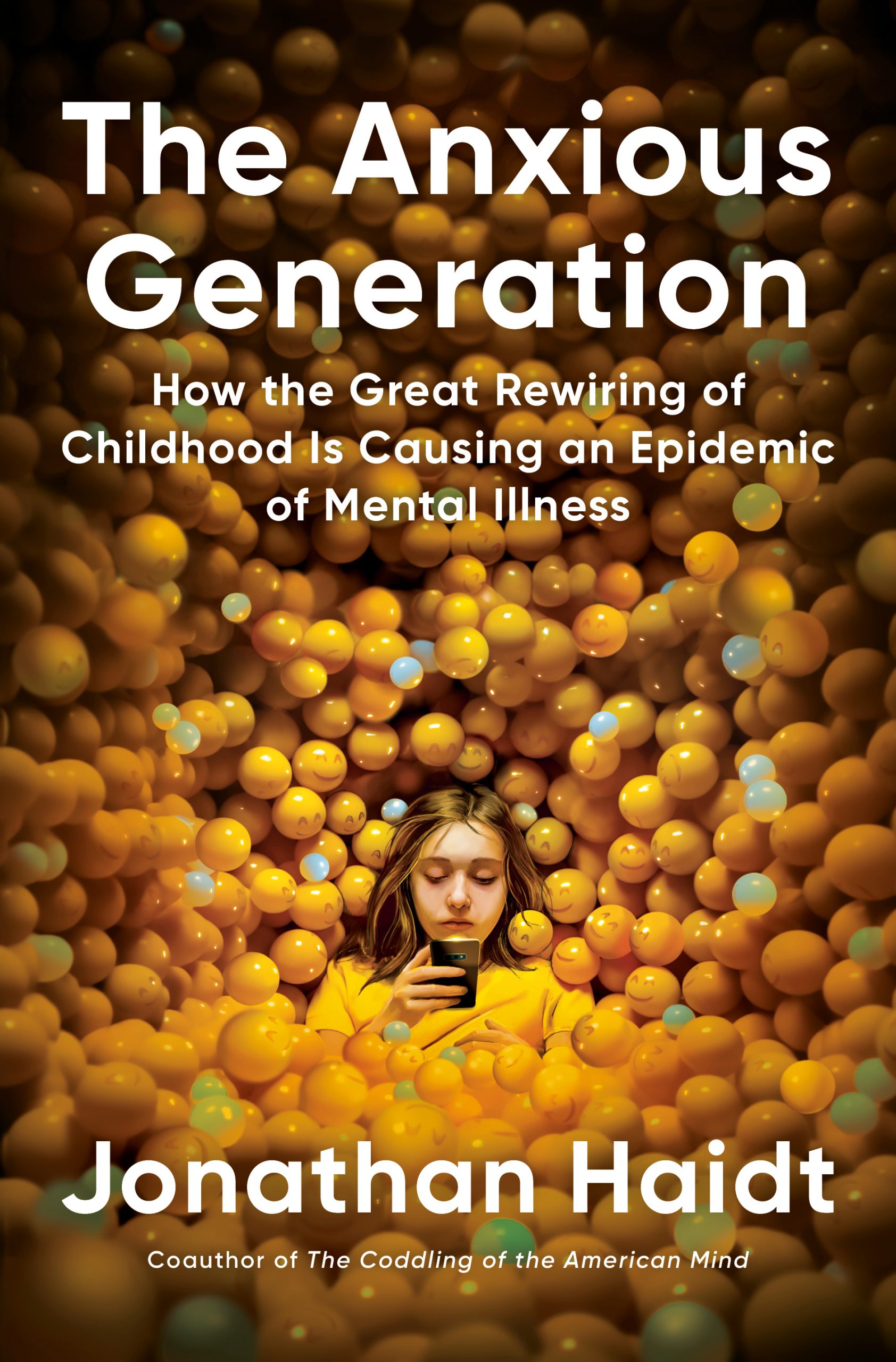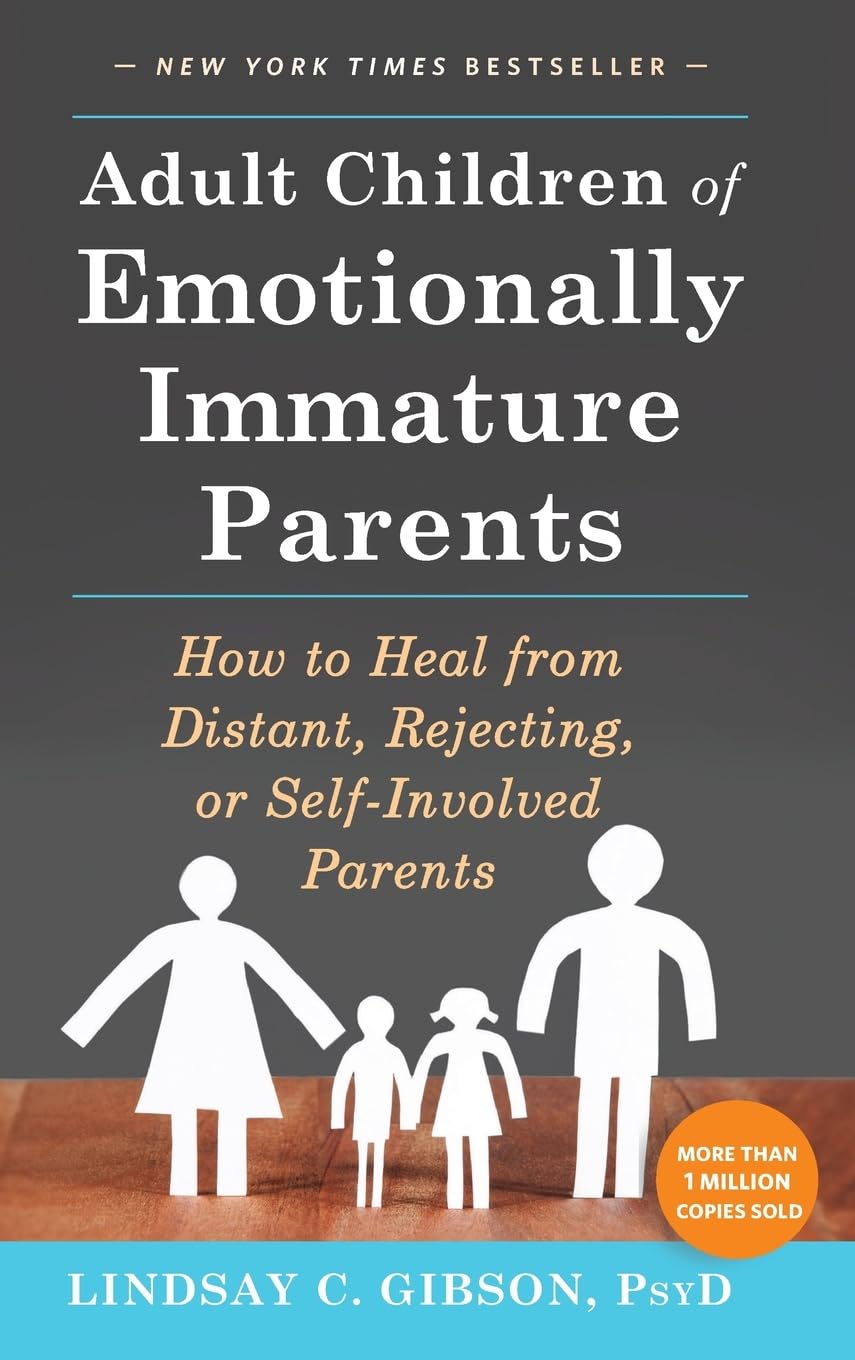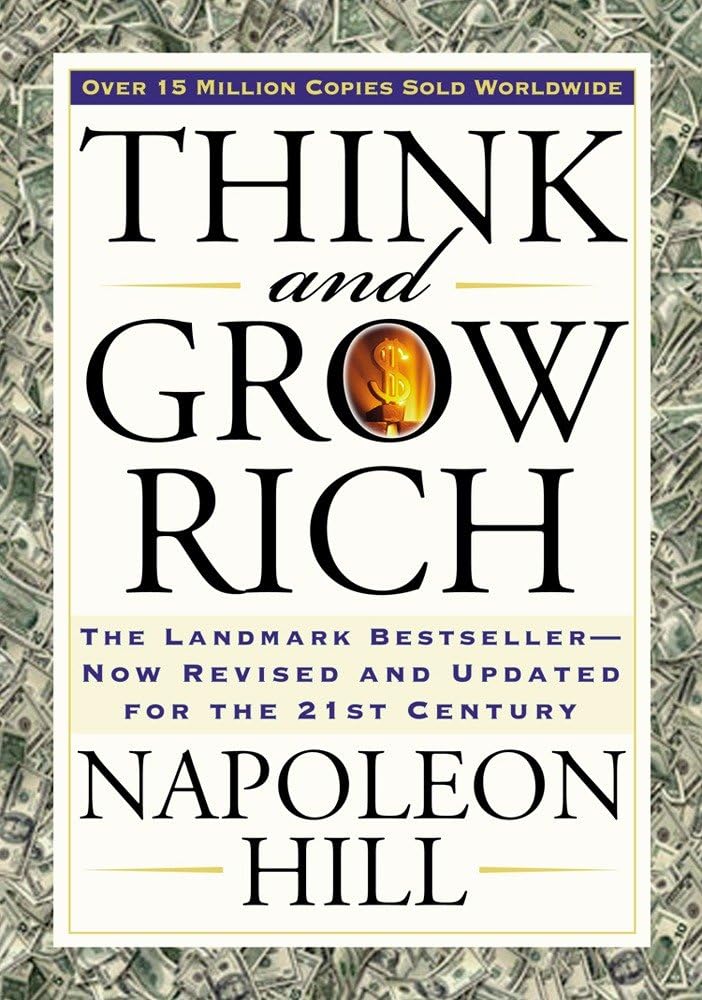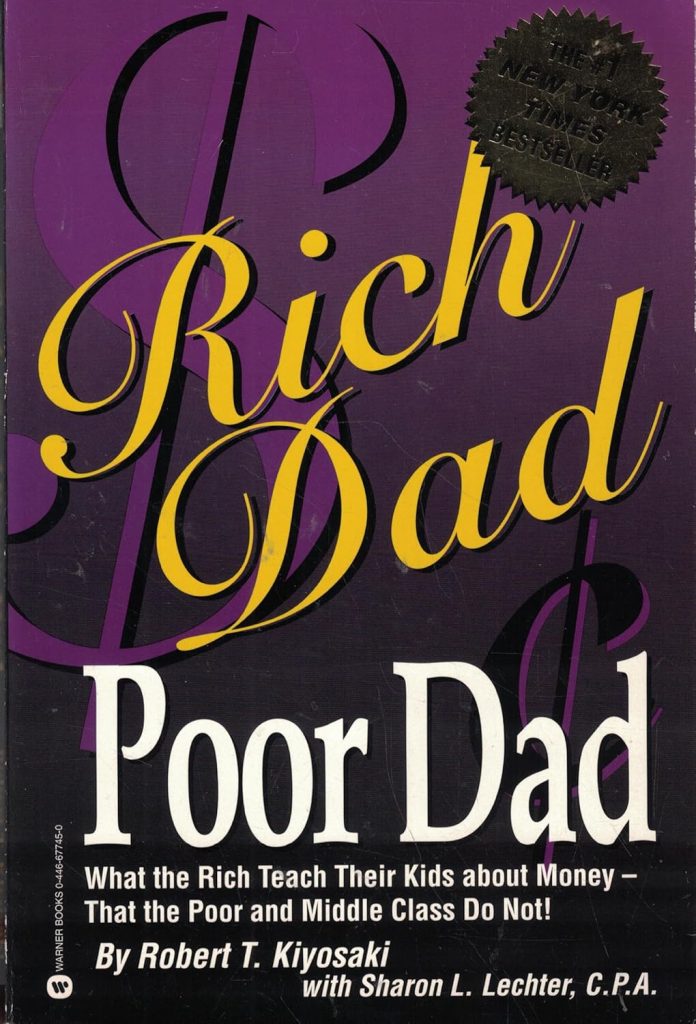
Buy The Book
Chapter
- ✦ Introduction: Rich Dad Poor Dad
- ✦ Chapter One: Lesson 1: The Rich Don’t Work for Money
- ✦ Chapter Two: Lesson 2: Why Teach Financial Literacy?
- ✦ Chapter Three: Lesson 3: Mind Your Own Business
- ✦ Chapter Four: Lesson 4: The History of Taxes and the Power of Corporations
- ✦ Chapter Five: Lesson 5: The Rich Invent Money
- ✦ Chapter Six: Lesson 6: Work to Learn—Don’t Work for Money
- ✦ Chapter Seven: Overcoming Obstacles
- ✦ Chapter Eight: Getting Started
- ✦ Chapter Nine: Still Want More? Here Are Some To Do’s
- ✦ Final Thoughts
Rich Dad, Poor Dad

About
Authored by Robert Kiyosaki, “Rich Dad Poor Dad” challenges conventional financial wisdom. Kiyosaki contrasts the teachings of his biological “poor dad,” a salaried employee, with those of his friend’s “rich dad,” an entrepreneurial investor. The core message advocates for financial literacy, emphasizing the importance of understanding assets versus liabilities.
The book urges readers to acquire assets that generate passive income, rather than accumulating liabilities like consumer debt or a mortgage on a primary residence. Kiyosaki stresses the need to learn about investments, financial markets, and business principles, arguing that schools often fail to provide this practical knowledge. “Rich Dad Poor Dad” aims to empower readers to take control of their financial futures, develop an entrepreneurial mindset, and ultimately achieve financial independence by making their money work for them.

Spark
Learn
Review
✦ Introduction: Rich Dad Poor Dad
I had two fathers, a rich one and a poor one. One was highly educated and intelligent, possessing a Ph.D. and completing four years of undergraduate work in under two years, followed by advanced studies at prestigious universities on full scholarships. The other never finished the eighth grade.
Both men achieved career success and earned substantial incomes, but one always struggled financially, while the other became one of Hawaii’s richest men. One passed away leaving millions to his family, charities, and church, while the other left behind unpaid bills.
Both men were strong, charismatic, and influential, offering me advice that often differed. They both believed strongly in education but recommended different courses of study. If I had only one dad, I would have had to accept or reject his advice. But having two dads offered me contrasting perspectives: one of a rich man and one of a poor man.
Instead of simply accepting or rejecting either, I found myself thinking more, comparing, and choosing for myself. The challenge was that neither was initially wealthy or impoverished. Both were starting their careers and grappling with money and families, but their viewpoints on money differed significantly.
Much of my private time was spent pondering and asking myself questions like, “Why does he say that?” and then posing the same question about the other dad’s statement. It would have been much easier to simply agree or reject their points of view. However, having two dads whom I loved forced me to think and ultimately choose my own way of thinking. This process proved far more valuable in the long run than simply accepting or rejecting a single point of view.
✦ Chapter One: Lesson 1: The Rich Don’t Work for Money
“Dad, how do I get rich?” I asked, after being excluded from a friend’s beach trip due to my perceived poverty. My dad, a schoolteacher, advised me to learn how to make money. This sparked a partnership with my best friend, Mike, to find ways to earn.
We collected discarded toothpaste tubes from neighbors, planning to melt them down and create lead nickels. My mom, however, grew wary of the mess, so we began operation in my driveway. Just as the assembly line began, my dad drove up. Upon seeing our process of counterfeiting coins, my dad explained that we were breaking the law. Though disappointed, he praised our creativity and encouraged us to keep trying.
I asked my dad why he wasn’t rich if it was so important. He admitted his lack of knowledge about making money. However, he suggested we consult Mike’s dad, whom the banker had praised as financially brilliant. Despite not having luxurious possessions, Mike’s dad seemed to be building an empire.
Mike’s dad proposed an unusual arrangement: he would teach us about money, but only if we worked for him. Agreeing to his terms, we began working for ten cents an hour, dusting cans at his convenience store. After weeks of tedious work and minimal pay, I was ready to quit. Mike revealed that his father anticipated my frustration and had been waiting to teach me a lesson.
Mike’s dad explained that life itself is the best teacher, often pushing us around to learn valuable lessons. Instead of getting angry or giving up, he told me I should embrace these challenges as opportunities for growth. He revealed that his low pay was intentional, designed to show me what it felt like to work for money. This marked the beginning of his unconventional financial education, as I realized that working for money was not the path to wealth; making money work for me was.
✦ Chapter Two: Lesson 2: Why Teach Financial Literacy?
In 1990, Mike took over his father’s businesses and is outperforming his father. We meet on the golf course once or twice a year. He and his wife are incredibly wealthy. Rich Dad’s businesses are in capable hands, and Mike is preparing his son to succeed him, just as his father mentored us.
In 1994, I retired at 47, Kim at 37. Retirement doesn’t mean ceasing to work. It means, unless something drastic happens, we can choose to work or not, and our wealth grows faster than inflation. Our assets are substantial enough to expand independently. Think of planting a tree. You nurture it for years, then it thrives without you. Eventually, the tree provides shade for your enjoyment.
Mike chose to manage the businesses; I chose retirement. When I address audiences, they frequently ask what I recommend, such as “How do I begin?” “Is there a helpful book?” “How should I prepare my children?” “What’s your secret to success?” “How can I make millions?”
Such inquiries remind me of a story:
In 1923, some of the most influential and richest businessmen met at Chicago’s Edgewater Beach Hotel. These included Charles Schwab, head of the largest independent steel company; Samuel Insull, president of the world’s largest utility; Howard Hopson, head of the largest gas company; Ivar Kreuger, president of International Match Co., one of the largest firms globally at the time; Leon Frazier, president of the Bank of International Settlements; Richard Whitney, president of the New York Stock Exchange; Arthur Cotton and Jesse Livermore, major stock speculators; and Albert Fall, a member of President Harding’s cabinet.
Twenty-five years later, nine of these titans met tragic ends. Schwab died broke after borrowing money for five years. Insull died penniless in a foreign country, while Kreuger and Cotton also died bankrupt. Hopson went insane. Whitney and Albert Fall were released from prison, and Fraser and Livermore committed suicide.
While I cannot know what really happened to these men, the year, 1923, predates the 1929 market crash and the Great Depression. I think this greatly influenced these men and their lives. Today, change occurs faster than it did then. In the years ahead, booms and busts will mirror the ups and downs these men faced. I worry that many focus too much on money and not enough on their greatest wealth: education. Those prepared to adapt, stay open-minded, and learn will grow richer despite adversity. Thinking money solves everything will lead to hardship. Intelligence solves problems and generates wealth. Without financial intelligence, money disappears quickly.
Most don’t realize that in life, it’s not how much you make, but how much you keep. We all hear tales of lottery winners who go from poor to rich to poor again. They win millions, then revert to their initial state. Or athletes earning millions at 24, then homeless under a bridge a decade later. Ultimately, it’s not how much you make, but how much you keep, and how many generations you keep it. I learned, if you desire to be wealthy, you must become financially literate.
✦ Chapter Three: Lesson 3: Mind Your Own Business
In 1974, after serving in Vietnam as a Marine Corps pilot, I returned to the U.S. to seek my future. I lacked skills. I had no idea what I wanted to do. Then, I recalled my rich dad’s advice: “If you want to be rich, you must know finance. It’s essential to grasp how money functions.”
So, I decided to enroll in business school. Instead of pursuing an MBA, I chose an accounting curriculum. It seemed tedious, but rich dad stressed its importance. “Accounting is financial literacy,” he said. “If you aim to build an empire, you must understand the language and mechanics of finance.”
Many find accounting dull. Yet, for me, it was exciting. After completing business school, I sought a job with significant global exposure. I joined a major accounting firm, Xerox. While many considered Xerox a copier company, I knew it was a top sales training enterprise.
Rich dad wanted me to learn how to sell. He deemed communication crucial. Specializing in sales and marketing was vital, regardless of my field. He believed technical skills alone weren’t enough. Business necessitates both technical expertise and sales acumen.
I worked at Xerox for four years. By 1978, I was among their top performers. I excelled because I acquired accounting skills in business school and sales skills at Xerox. I also had a goal. I wanted to be free.
I left Xerox in 1978 and started my initial business, a company that manufactured nylon and Velcro wallets for surfers. I reflect on those days fondly, recalling our near failures, struggles, and eventual triumphs.
The paramount lesson is to “mind your own business.” I still advise people to prioritize their own ventures. Building and fortifying their asset column. Once a dollar enters, never let it leave. View it as your employee. The optimal aspect of money is its ability to work 24/7, generating income for generations. Retain that dollar. Only then can it work for you.
✦ Chapter Four: Lesson 4: The History of Taxes and the Power of Corporations
My rich dad taught me the details of taxes, clarifying that the average worker toils from January to mid-May solely for the government. He emphasized that government involvement in my financial life would grow with my earnings. This prompted my interest in understanding taxes, which he believed were critical to know intimately.
He explained taxes with a historical lens, pointing out that they originated temporarily in England around 1400 to fund wars. Initially accepted by the English populace, they became permanent. America’s taxes followed a similar path.
The Industrial Revolution brought about the rise of corporations, offering significant financial benefits to the wealthy. Unlike the poor and middle class who earn wages and are taxed accordingly, corporations offer a loophole. He used the phrase “Spend, then pay taxes”, where they pay taxes after deducting expenses, illustrating that the rich leverage corporate structures to minimize tax liabilities. This is why the wealthy focus on financial literacy, to utilize the system’s benefits.
My poor dad, unaware of these nuances, faced greater tax burdens, highlighting the unfairness of the system. I learned that financial intelligence is crucial to navigating the tax landscape.
“You aren’t playing fair,” I said.
“Why would you say that?” Rich dad asked.
“Because you’re following a different set of rules,” I replied. “It’s like you know the secret, and you’re not sharing it with me.”
“That’s right,” Rich Dad said with a smile. “That’s why I am teaching you.” Rich dad reiterated the idea that understanding corporate structures and tax laws provides opportunities to build wealth more efficiently, emphasizing that playing by different rules changes the financial outcomes dramatically.
✦ Chapter Five: Lesson 5: The Rich Invent Money
I keep hearing people say, “Play it safe.” I also hear people criticising me, saying my ideas are risky and insane. However, I like risk. That’s why I enjoy rock climbing. I may fall, get hurt, and possibly die, but it’s also stimulating and fulfilling. I prefer risk to boredom.
It’s often said, “The definition of insanity is doing the same thing over and over and expecting different results.” I’m not a fan of safe and secure. I believe those who play it safe are stuck, repeating the same actions and hoping things will improve.
Financial intelligence enhances one’s ability to invent money. Money isn’t real. We all agree to imbue it with worth. I create money by coordinating resources, intellect, and knowledge. Simultaneously, the market often misses what I see, creating opportunities that everyone overlooks.
I’ve built several firms, occasionally successfully. One company earned millions, but collapsed when Asian economies faltered in 1997. The company handled international educational events, and the Asian downturn nearly destroyed us. I was devastated. However, I was also taught to never give up.
Many people criticised me for not cutting my losses and declaring bankruptcy. However, I didn’t. Instead, I sought to generate more money to address the problem. I approached associates, disclosed my circumstances, and requested assistance.
I’m grateful to those who believed in me. Several people trusted and invested in me, allowing me to restart. I also discovered that I could write and impart knowledge. I had to discover a method to create money out of thin air. I had to be inventive, which required me to be financially astute.
I did it. I settled all debts and rebuilt my business. I turned a terrible problem into a substantial advantage. I turned that setback into prosperity, thanks to financial literacy and a deep passion, rather than fear. The dread of failure drives many to be wealthy. That is not the case for me. I don’t mind failing. What I detest is giving up.
✦ Chapter Six: Lesson 6: Work to Learn—Don’t Work for Money
I often suggest young people seek work for what they’ll learn, more than what they’ll earn. Evaluate what skills you want to acquire. Before choosing a profession, consider what you want to become.
In the early 1990s, a bright, charming woman attended one of my seminars. She felt trapped, earning little, despite working hard. She wanted to learn about real estate but couldn’t afford the course. I discovered she was a marketing representative. Intrigued, I inquired further.
She was exceptional at sales but struggled to advance. I asked about her company, and she disclosed it was the second-largest in its field, emphasizing the importance of marketing and sales. I suggested she learn more about marketing, instead of immediately pursuing real estate.
I pointed out her already strong sales skills. Mastering marketing, the ability to reach numerous people, would significantly enhance her income. Eager to assist, I offered her my marketing books and proposed she attend marketing courses, rather than real estate ones. Two years later, she penned me a letter, now a marketing whiz, earning over \$600,000 annually. Her increased sales boosted her firm’s earnings, leading to multiple promotions.
“Thank you for advising me to learn about marketing rather than real estate,” she wrote. “I now possess skills to generate wealth. Regardless of the economy, I will always thrive.” I reminded her that financial intelligence involves more than money, and it’s essential to know the difference between assets and liabilities.
Numerous individuals believe financial troubles stem from insufficient income. They presume more money will resolve everything. Thus, they seek additional education to boost their skills, increasing their value and leading to a raise. However, I advise contemplating having expertise in sales, while understanding various aspects like accounting, investing and law. I often recommend joining a network marketing company, to acquire the ability to sell. These firms possess training programs and don’t demand an MBA. Evaluate the training these companies provide, as the key is to gain skills, not income.
✦ Chapter Seven: Overcoming Obstacles
Investing is risky, right? Why bother being financially literate? I hear these questions all the time. My poor dad, who always played it safe, constantly reminded me of the risks involved.
My rich dad, however, believed that being financially literate reduced risk. By understanding finances, I could make wiser investment choices. He saw risk differently. My poor dad thought risk equaled danger, but my rich dad believed risk was manageable with knowledge.
To illustrate, consider my friend’s investment in real estate. He purchased a condo, and the market declined. Panic-stricken, he sold it at a loss. He lamented the dangers of real estate investing. I had invested in a similar property but responded differently. I understood the market cycle, so I knew this was the chance to buy more at a discount. I ended up profiting from my investment.
Many people avoid investments due to fear, but the truth is, understanding mitigates risk. There are several reasons why people remain financially illiterate, even when they know it would benefit them.
First, fear of losing money paralyzes many. Everyone loses money at some point; it’s part of the learning process. Instead of giving up, use losses as lessons. My rich dad had one rule: don’t be afraid to lose.
Second, cynicism obstructs learning. Cynics often criticize and find fault, hindering their ability to see opportunities. Overcome cynicism by remaining open-minded and curious.
Third, laziness also prevents financial success. It takes effort to understand money and investments. Avoid laziness by making a conscious decision to learn something new every day.
Fourth, bad habits are a major obstacle. Many individuals habitually spend all their money, hindering their ability to invest.
Fifth, arrogance hinders learning, too. Arrogant individuals believe they already know everything, preventing them from seeking new knowledge. Overcome this by acknowledging that there’s always more to learn.
✦ Chapter Eight: Getting Started
I’ve frequently encountered individuals yearning for shortcuts to riches. They’re continually seeking an effortless path to amass wealth. I usually offer counsel aligned with what my affluent mentor imparted to me. It’s essential to grasp that financial acumen necessitates knowledge from both the intellectual and emotional domains.
First, I need to identify a Reason that’s more potent than reality. I observe individuals declaring their desire for riches, yet a mere examination of their actions unveils a contradictory truth. Riches demand a robust aspiration supported by an equally compelling justification.
Second, I must make a daily Choice to be rich: I elect to educate myself, regularly attending seminars or perusing books—committing to financial learning. Riches, or any objective, demand an active decision.
Third, it is vital to thoughtfully select friends. I gain knowledge from them. When considering guidance, I opt for individuals who have succeeded in what I want to accomplish. Similarly, I shun cynics. As the adage goes, “Misery loves company.”
Fourth, I am committed to mastering one formula and then acquiring a novel one. I’ve observed numerous individuals who amass substantial fortunes, only to squander them shortly after. I must work to understand the mechanics of money. Financial intelligence entails possessing both financial literacy and aptitude.
Fifth, I ensure prompt self-payment. In reality, the world will push me around just like my rich dad mentioned. I ensure that I’m financially secure. This involves resisting societal pressures and prioritizing asset acquisition over liabilities.
Sixth, I compensate Brokers handsomely. Knowledge is priceless. Brokers facilitate access to information, and rewarding them ensures continued access to valuable knowledge and opportunities.
Seventh, I need to be an “Indian Giver”. Whenever I receive something, I must give something in return. I must be open handed. I will find wealth this way.
Eight, I make sure assets purchase Luxuries, not credit cards.
Ninth, there is a need for heroes to be followed.
Tenth, I must learn by teaching; give and I shall receive.
✦ Chapter Nine: Still Want More? Here Are Some To Do’s
To amplify your financial intellect, I suggest these actions:
1. **Invest in Education:** Seek seminars or courses on investments like real estate, stocks, and business creation. Enhance financial understanding.
2. **Learn from Experts:** Choose wealthy individuals as mentors.
3. **Embrace Information:** Read extensively, exploring diverse subjects. Financial literacy is vital, so dive deep.
4. **Make Offers:** Most hesitate, but boldness pays off.
5. **Stroll:** Wander through neighborhoods or areas of interest for opportunities.
6. **Shop Smart:** Seek deals. Bargain hunt, and uncover opportunities.
7. **Master a Skill:** Learn sales and marketing. Essential for business success.
8. **Business Acumen:** Understand business. Blend accounting, management, sales, marketing, and investment knowledge.
9. **Leverage Assets:** Utilize assets to acquire more. Avoid liabilities.
10. Know luxury’s price: Being rich might not buy what money cannot buy, be careful and aware of the price of being rich might higher than you thought.
✦ Final Thoughts
I’ve often been questioned about how someone with two dads could make a decision. “Which one did you listen to?” people ask. The truth is, I listened to both.
The challenge was consciously choosing which advice to heed. Both men had strong opinions, so I had to think deeply about each perspective. If I blindly accepted only one viewpoint, I would have been as dogmatic as they were, and I wanted to think for myself.
Observing both dads allowed me to appreciate the power of thought. I’ve come to believe that we become what we think about. My poor dad consistently said, “I’ll never be rich,” and that prophecy became self-fulfilling. My rich dad, even when facing financial setbacks, maintained a positive outlook, stating, “I am a rich man, and rich people don’t do that.”
One taught me to write a strong resume for a good job, while the other taught me to create business and financial plans to generate jobs. I received valuable lessons from both.
My educated dad believed in the security of a job, a steady paycheck, and government benefits, while my rich dad believed in financial self-reliance, understanding how money works, and having it work for me.
One valued saving, while the other valued utilizing money’s power.
By the time I was in my 20s, I knew my rich dad’s advice was more financially sound long-term. I understood that financial intelligence is essential.
Financial intelligence requires knowledge of accounting, investing, marketing, and law. I’m not suggesting everyone become an expert in these areas, but it’s beneficial to be knowledgeable across disciplines. It’s akin to understanding mechanics before driving a car.
Many believe in studying to find a good company, but I recommend studying to identify a company to acquire. This is financially astute.
Understanding accounting is crucial. Many individuals don’t realize their financial statements are like report cards. So, my encouragement is that, in building a financial legacy, you must follow rule number one: You must know the difference between an asset and a liability, and buy assets. The rich acquire assets. The poor and middle class acquire liabilities that they think are assets.
For People
– Young Adults
– Aspiring Entrepreneurs
– Employees Seeking Financial Independence
– Individuals in Debt
– Parents Wanting to Teach Their Children About Money
Learn to
– Financial Literacy
– Asset vs. Liability Distinction
– Investment Strategies
– Entrepreneurial Mindset
– Challenging Conventional Financial Wisdom



